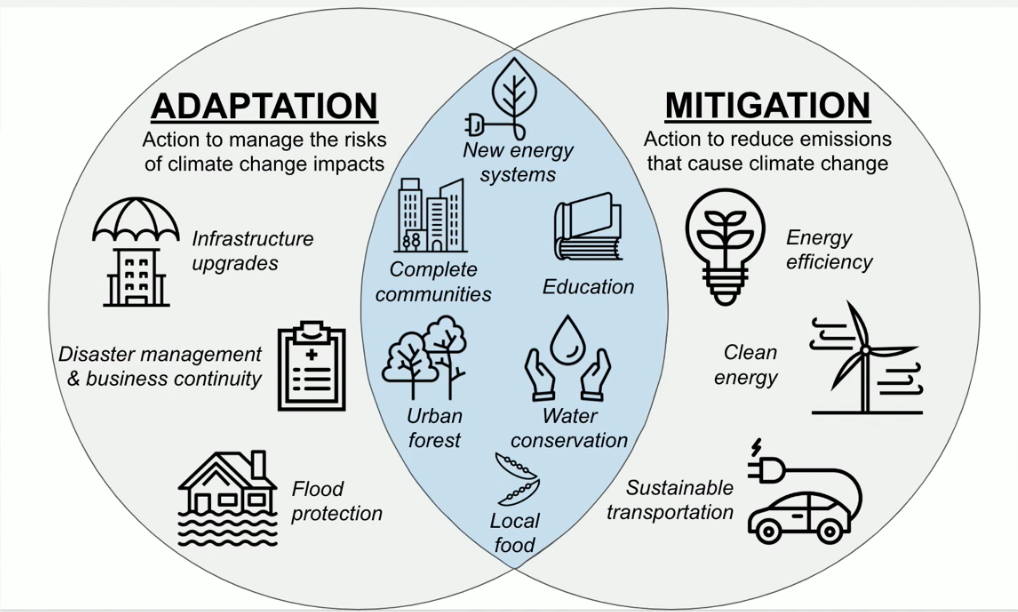
AI’s Role in Climate Change MitigationAI’s Role in Climate Change Mitigation Artificial Intelligence (AI) is revolutionizing various aspects of our lives, and its impact on climate change mitigation is no exception. AI technologies possess the potential to play a crucial role in reducing greenhouse gas emissions, enhancing energy efficiency, and supporting the transition towards a more sustainable future. Emissions Reduction: * Predictive Analytics: AI algorithms can analyze large datasets to predict energy consumption patterns, identify inefficiencies, and optimize energy usage. This helps businesses, industries, and governments make informed decisions that reduce their carbon footprint. * Smart Grid Management: AI-powered systems can monitor and control energy distribution networks, balancing supply and demand in real-time. This reduces grid inefficiencies and allows for the integration of renewable energy sources. * Carbon Sequestration: AI algorithms can assist in identifying and optimizing locations for carbon capture and storage sites, enhancing the effectiveness of carbon sequestration efforts. Energy Efficiency: * Building Energy Management: AI systems can monitor and control building systems such as HVAC, lighting, and appliances, automatically adjusting them to reduce energy consumption. * Industrial Process Optimization: AI algorithms can analyze industrial processes to identify inefficiencies and suggest improvements that lead to energy savings. * Transportation Efficiency: AI-powered systems can optimize traffic flow, improve vehicle routing, and promote the use of public transportation, reducing transportation emissions. Transition to Renewable Energy: * Renewable Energy Forecasting: AI algorithms can predict wind and solar power generation, enabling grid operators to integrate these intermittent sources into the energy mix. * Site Selection for Renewables: AI tools can analyze environmental data and identify optimal locations for renewable energy installations, such as solar farms and wind turbines. * Energy Storage Optimization: AI algorithms can optimize energy storage systems, such as batteries, to balance grid fluctuations and store excess renewable energy for future use. Additional Benefits: * Data-Driven Policymaking: AI can provide insights into climate change impacts and mitigation strategies, informing policy decisions and enabling evidence-based action. * Public Awareness and Engagement: AI-powered tools can engage the public with climate change information, promoting awareness and encouraging behavior change. * Collaboration and Innovation: AI facilitates collaboration among researchers, industry leaders, and governments, fostering innovation and accelerating progress towards climate change mitigation goals. Conclusion: AI technologies hold immense potential to contribute to climate change mitigation efforts. By harnessing predictive analytics, optimizing energy efficiency, supporting the transition to renewable energy, and providing additional benefits, AI can play a vital role in reducing greenhouse gas emissions, enhancing sustainability, and safeguarding the planet for future generations.
Posted inNews